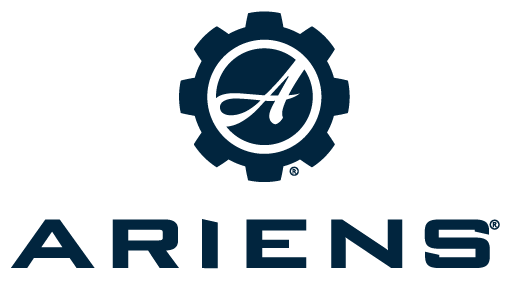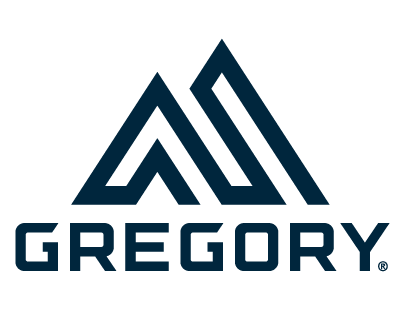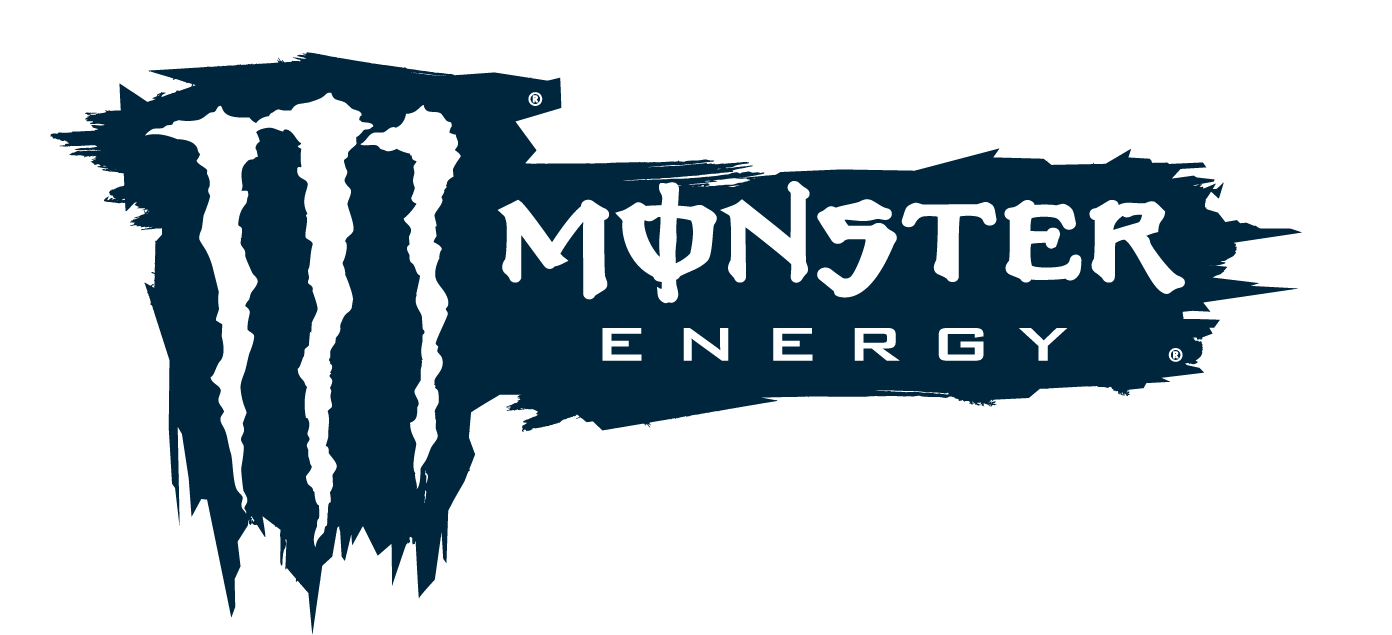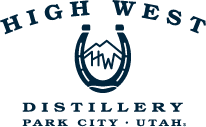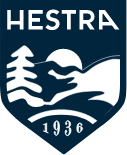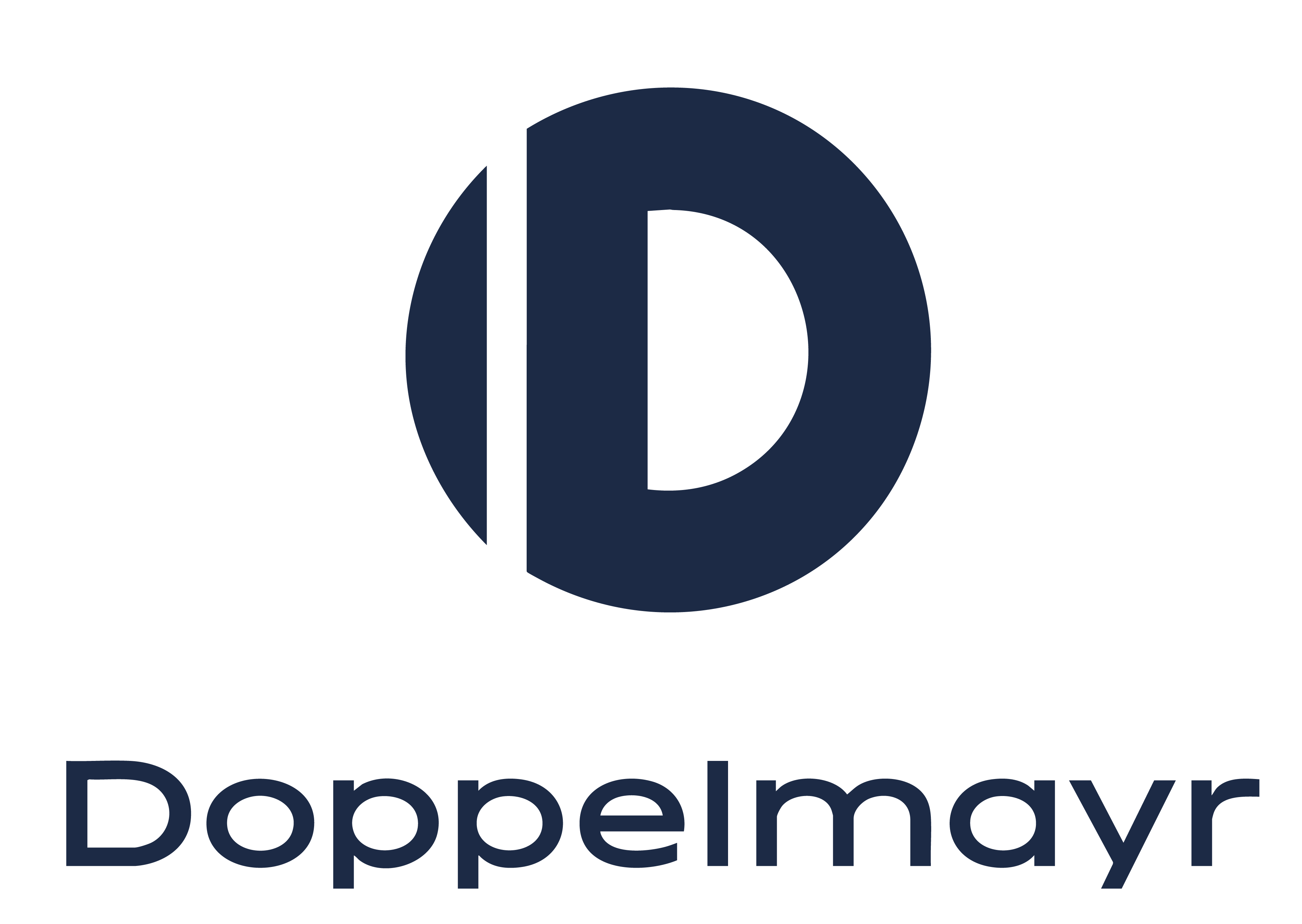Since its opening in 1981, Deer Valley Resort has set the standard for excellence not only within the ski industry but for the hospitality industry as a whole. And, so, it only makes sense that this exceptional winter resort employs sustainability practices that go above and beyond as well.
For years, Deer Valley has evaluated and enacted sustainability-driven efficiencies across its departments. A few of the resort’s well-established company policies aimed at easing its impact on the earth include sourcing from local food purveyors, distillers and brewers whenever possible; maintaining a robust recycling program; supporting local sustainability organizations like Recycle Utah, Summit Land Conservancy and Friends of Ski Mountain Mining History; and reducing energy use through an ongoing LED lighting overhaul and replacement of snowmaking guns with low-energy versions.

In October 2021, Deer Valley made a leap toward reducing its carbon footprint in a big way when ground was broken on Elektron Solar, an 80-megawatt solar farm located west of Salt Lake City in Tooele County. The project is the result of a partnership between Deer Valley, Park City Mountain, Park City Municipal, Summit County government, Utah Valley University and Rocky Mountain Power. Already 37 percent of Deer Valley’s electricity is provided by subscriber renewable energy through Rocky Mountain Power. When Elektron Solar is completed in 2023, it will provide 100% of the power needs for each of the project partners.
Two other areas where Deer Valley is concentrating its sustainability efforts are, according to the resort’s Event, Sponsorship & Sustainability Manager Victoria Schlaepfer, transportation and waste diversion.
Since most Deer Valley staff commute to work from outside of Park City, at the center of the resort’s efforts to reduce emissions (as well as traffic in Park City) is RideOn Park City, a mobility platform that incentivizes Deer Valley, Park City Mountain and Canyons Village employees to use public transit or a carpool. Deer Valley also offers free transportation for its staff from Heber City and from Salt Lake City via UTA’s PC/SLC Connect bus service. As of early 2021, Deer Valley employees had logged 6,000 trips totaling more than 75,000 miles on RideOn, which kept 16.4 tons of carbon out of the atmosphere. “We feel real change can come from staff and guests alike and their transportation choices to and from the resort,” Schlaepfer says. “A decrease in the use of single occupancy vehicles accessing the resort can make a huge difference in Deer Valley’s indirect carbon emissions.”

On the waste diversion front, every building at Deer Valley, from the public-facing lodges to those used only behind the scenes, is outfitted with bins to capture all commonly accepted recyclables—ranging from office paper and oil filters to batteries and bicycle tubes—which are then transported to Recycle Utah, Park City’s local recycling facility. Deer Valley now also collects all food waste for transport to Wasatch Resource Recovery, where it is placed into a digestor and converted into biomethane or renewable natural gas. All told, Deer Valley’s waste diversion rate is currently around 50 percent with a goal of diverting 100 percent of its waste by 2050. “While COVID-19 may have affected waste reduction efforts, the resort did its best to continue using reusable dishware whenever possible, provide compostable to-go containers to guests, and keep up recycling and compost efforts in the back of the house,” Schlaepfer says. “Through continued staff training, we believe we can increase our waste diversion rate in the future with further focus on events and back-of-the-house efforts.”
At the 30,000-foot level, in 2021, Deer Valley’s parent company, Alterra Mountain Company, joined forces with its resort conglomerate competitors—Vail Resorts, Boyne Resorts and POWDR—in the Climate Collaborative Charter, a shared commitment around sustainability and the ski industry’s first unified effort to combat climate change. At Deer Valley, this charter translates to a deepened implementation of the resort’s already robust sustainability practices with ongoing additions from NSAA’s Sustainable Slopes guidelines.
Learn more about Deer Valley’s commitment to the future at deervalley.com/about-us/sustainability.



